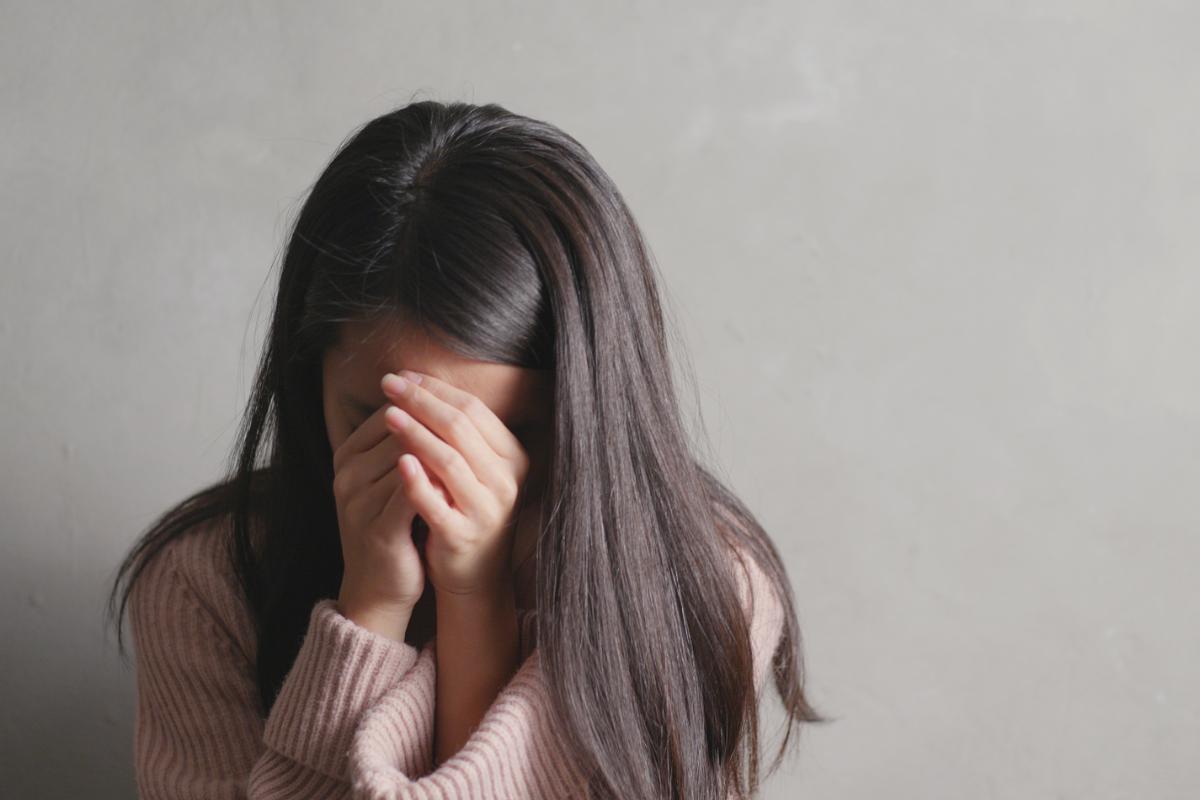
When addiction and mental health disorders co-exist, they are called co-occurring disorders. These overlapping diagnoses make treatment all the more important and also challenging. But in a dual diagnosis treatment program, you can receive the needed help. Addiction and mental health therapists work together to address both disorders simultaneously under a coordinated treatment plan.
To learn more about dual diagnosis treatment for co-occurring disorders, reach out to Pennsylvania Adult & Teen Challenge (PAATC) today. We can answer your questions about addiction and mental health and how our professional team of mental health therapists, addiction specialists, and physicians works together to provide you with proven, evidence-based treatment. You deserve to be mentally healthy and live free of substances. Let PAATC help. Give us a call at 888.541.9239 or complete this online form.
Addiction and Mental Health
Mental health and addiction co-occur more often than not. Nearly 10 million people in this country have co-occurring disorders – those we know about. Of those, more than half will not receive treatment. We believe everyone deserves to live a healthy life, out from under the shadow of mental health and substance use disorders.
Addiction has a powerful impact on mental health. Conversely, mental health disorders often underlie substance use disorders (SUDs). How do these two disorders intersect and impact one another?
Addiction to substances causes mental distress, and chronic drug or alcohol abuse causes changes within the brain that can increase the risk for mental health disorders or even trigger an underlying disorder that has not already manifested fully or at all.
What Comes First – The Substance Use or Mental Health Disorder?
It is not always obvious which comes first. People with depression, anxiety, and other mood disorders are at two times the risk of a SUD. This scenario may sound familiar: Rising anxiety and intermittent panic attacks threaten to derail your career and your social life. You find that when you drink alcohol or take a sedative, your anxiety is suppressed, and you function better. Soon, you cannot get through the work day or a social event without this crutch. Before you know it, your body depends on the substance; you need it to feel normal or risk side effects. Those side effects are signs of early withdrawal.
In that situation, you have used alcohol or drugs to self-medicate for a mental health challenge that made life hard for you. Unfortunately, now you have an addiction.
In a similar but reverse situation, you may become involved with drinking or drug use in high school or college as part of the party scene. Your intake escalates, and you need more drinks or drugs to like you are having fun. But you notice that you become depressed or anxious more easily during your daily routines unless you sneak away to have a drink or a hit. Before you know it, your addiction to a substance has negatively affected your mental health, and you cannot see a way out.
Dual Diagnosis Treatment Program at PAATC
But there is a way out. A professional rehab program that offers dual diagnosis treatment is the way out of your co-occurring disorders.
Dual diagnosis treatment, most importantly, provides simultaneous and integrated treatment for both disorders for long-term positive outcomes.
Some of the evidence-based therapies for dual diagnosis treatment include:
- Medication – You may be prescribed a medication to help manage your anxiety, depression, or another diagnosis while you pursue other treatments for your co-occurring disorders.
- Individual therapy – One-on-one therapy with a trained clinician who can address both disorders may take the form of behavioral therapy, such as cognitive-behavior therapy (CBT), dialectical behavior therapy (DBT), or other modalities.
- Group therapy – In a group therapy setting, a therapist leads a group of clients being treated for a dual diagnosis. In this situation, peer support and accountability often amplify the effects of the therapy.
- Mindfulness – Using mindfulness techniques like meditation can help quiet the mind.
- Faith-based treatment – Anchoring evidence-based therapies in a faith tradition has been proven very effective for many people. This approach can last far beyond the end-point of rehab by connecting you to a faith community.
PAATC is here to offer you superb, proven therapies and treatments for your dual diagnosis. Do not hesitate to call us at 888.541.9239 or reach out via online form.
